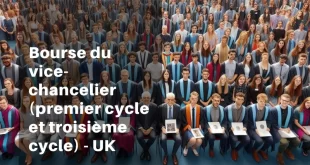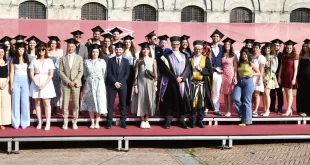Ref: KA28585
Fixed-term: The funds for this post are available for 3 years in the first instance.
Full Time
Applications are invited for up to three PhD positions to work on a project to explore the electronic and optical properties of radical (spin ¿)-based organic semiconductors, supported by the European Research Council.
The successful candidates will join the Department of Physics, working under the supervision of Prof. Sir Richard Friend, working closely with Dr Akshay Rao in the Department of Physics and Dr Hugo Bronstein in the Department of Chemistry. One of the leading academic groups in the field of organic and hybrid electronics, our research programme is built on a broad scientific approach aiming to understand the electronic properties of novel semiconductors, but also aiming to understand in-depth the physical processes that govern the performance of organic, nanocrystal and hybrid organic-nanocrystal electronic devices, such as light emitting diodes and photovoltaics.
We have recently reported efficient light-emitting diodes using radical (spin ¿)-based organic semiconductor for emission [2-4] These materials operate entirely within the spin-doublet manifold, avoiding non-emissive spin configurations based on spin-triplets that compromise the operation of conventional organic LEDs and solar cells 4. This opens a new domain for the operation and design of organic semiconductors materials and devices, one that is radically different from what has been possible till now. This project will explore and develop the fundamental electronic and optical properties of this new class of radical-based organic semiconductor materials (ROSCs) and harness them to develop new possibilities for optoelectronic and spintronic devices.
We are looking for highly motivated, bright and enthusiastic PhD candidates to work on projects to: (i) design and synthesise new spin radical semiconductors; (ii) develop ultrafast femtosecond optical spectroscopic techniques to explore the nature of electronic excited states in these materials,; and, (iii) develop new semiconductor devices for solar cells, LEDs and spintronic devices. A strong undergraduate or Masters degree track record in Physics, Chemistry, Materials Science or Engineering is required.
The positions are available to start no later than October 2022. Candidates starting no later than 1 April, the award would be for 3.5 years. For an October 2022 start, the limit would be 3 years.
1 https://cordis.europa.eu/project/id/101020167
2 https://www.nature.com/articles/s41586-018-0695-9 [
3] https://www.nature.com/articles/s41563-019-0433-1
4 https://www.nature.com/articles/s41563-020-0705-9
5 https://www.nature.com/articles/s41586-021-03840-5
Please address initial inquires via email to Professor Richard Friend at rhf10@cam.ac.uk.
Please include a curriculum vitae while doing so.
Closing date: 30th November 2021.
Apply link: https://www.jobs.cam.ac.uk/job/31886/
 medjouel.com Study Non Stop
medjouel.com Study Non Stop



